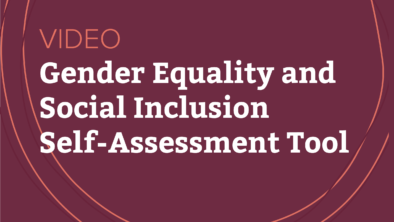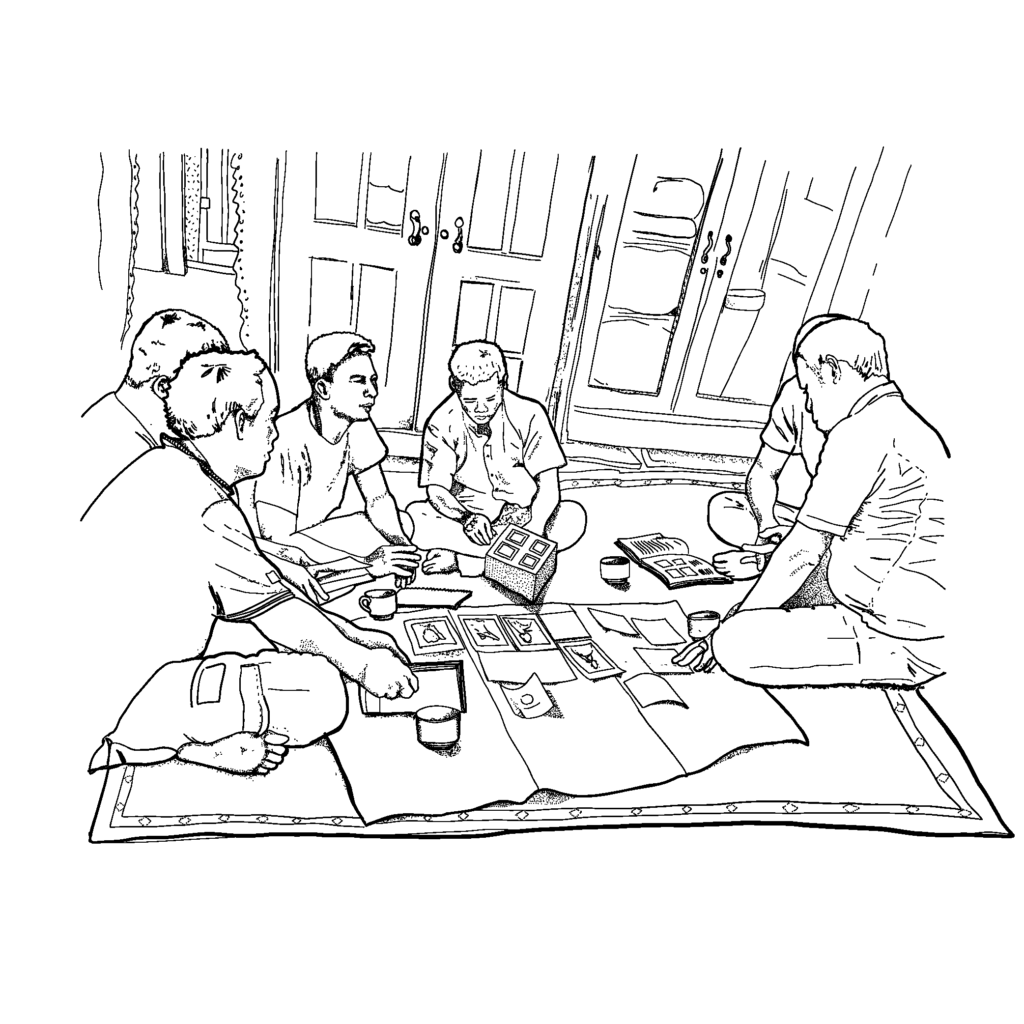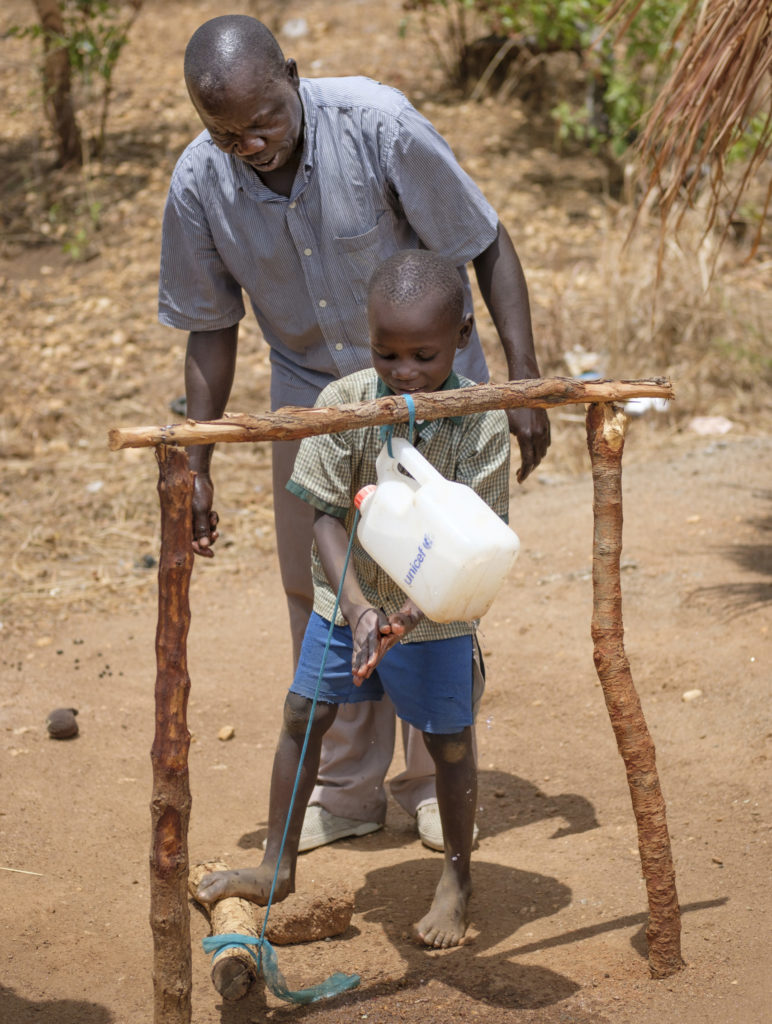Women and girls are disproportionately impacted by poor sanitation and hygiene (S&H). A lack of access to sanitation facilities is a major cause of risk, anxiety and psychosocial stress. It also increases vulnerability to WASH-related violence and can result in premature births or low birth weight.
Poor menstrual hygiene management (MHM) practices and facilities are also associated with urinary and reproductive tract infections as well as loss of dignity, and impact girls’ attendance at school. Unequal distribution of household labour means women often bear higher WASH workloads, for example through the collection of water, additional carer responsibilities and cleaning of toilets. Sanitation and hygiene programmes which ignore these gender-related differences risk increasing the burden on women.
There are strong linkages between S&H access, and gender equality. Going beyond access to S&H, programmes should aim to challenge and transform the power structures that underlie unequal gender relations and norms, and ensure that everyone is equally and meaningfully engaged.
Sanitation and hygiene programmes should not reinforce existing stereotypes and unequal gender norms. Programmes alone cannot solve existing social inequalities and structural problems, but they can be implemented in a way that supports significant positive change in gender relations and norms.










